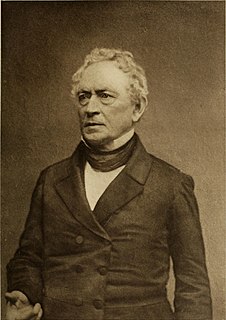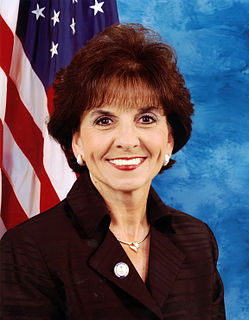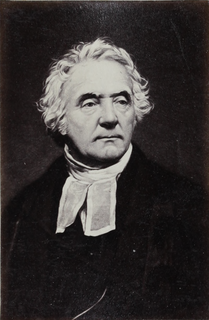A Quote by Ralph Waldo Emerson
The wise and just man will always feel that he stands on his own feet; that he imparts strength to the state, not receives security from it; and if all went down, he and such as he would quite easily combine in a new and better constitution.
Related Quotes
No man is so foolish but may give another good counsel sometimes; and no man is so wise, but may easily err, if he will take no others counsel but his own. But very few men are wise by their own counsel; or learned by their own teaching. For he that was only taught by himself had a fool to his master.
If the moon, in the act of completing its eternal way around the earth, were gifted with self-consciousness, it would feel thoroughly convinced that it was traveling its way of its own accord on the strength of a resolution taken once and for all. So would a Being, endowed with higher insight and more perfect intelligence, watching man and his doings, smile about man's illusion that he was acting according to his own free will.
The man who stands upon his own soil, who feels, by the laws of the land in which he lives,-by the laws of civilized nations,-he is the rightful and exclusive owner of the land which he tills, is, by the constitution of our nature, under a wholesome influence, not easily imbibed from any other source.
I feel that the constitution is workable, it is flexible and it is strong enough to hold the country together both in peacetime and in wartime. Indeed, if I may say so, if things go wrong under the new Constitution, the reason will not be that we had a bad Constitution. What we will have to say is that Man was vile.
The Irish Free State was one of dozens of new European democracies to emerge from the cauldron of the 1914-1918 war. It was one of the very few that was still democratic in 1939. This book shows how the steely determination of one man, Kevin O'Higgins, made this possible. O'Higgins faced down mutinies in both the Gardai and the Army. He dissolved the Dáil Courts which were a parallel system that might easily have undermined the conventional courts. With WT Cosgrave, he put through a constitution which reconciled the local opponents of independence with the new State.
I want to feel my own nothingness, I want to give myself up in absolute resignation to God, to lie prostrate and passive at His feet, with no other disposition in my heart than that of merging my will into His will, and no other language in my mouth than that of prayer for the perfecting of His strength in my weakness.
If you do not want the State to act like a criminal, you must disarm it as you would a criminal; you must keep it weak. The State will always be criminal in proportion to its strength; a weak State will always be as criminal as it can be, or dare be, but if it is kept down to the proper limit of weakness - which, by the way, is a vast deal lower limit than people are led to believe - its criminality may be safely got on with.
There is no telling what a human character is. Until the test comes. To most of us the test comes early in life. A man is confronted quite soon with the necessity to stand on his own feet, to face dangers and difficulties and to take his own line of dealing with them. It may be the straight way, it may be the crooked way --- whichever it is, a man usually learns early just what he is made of.









































